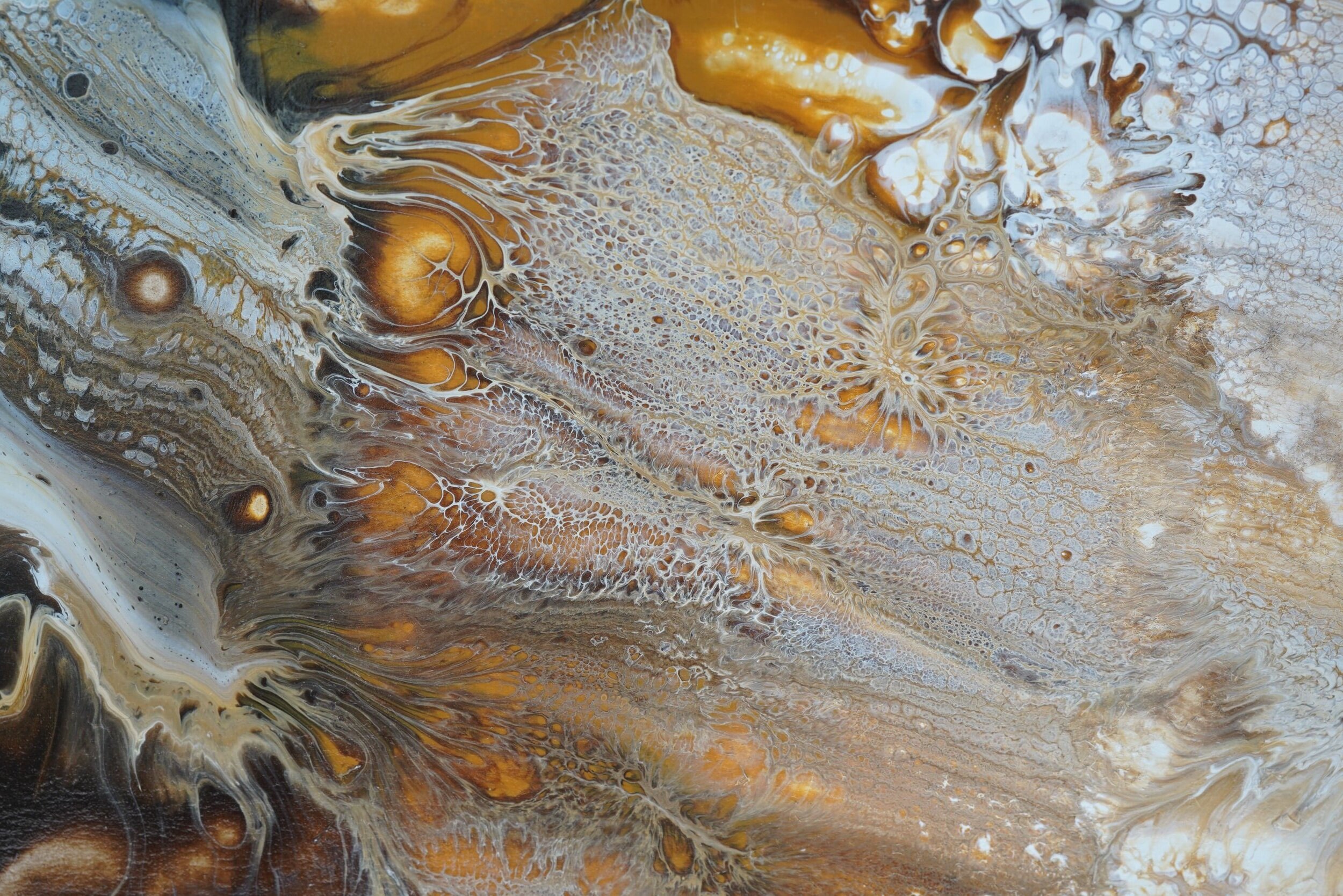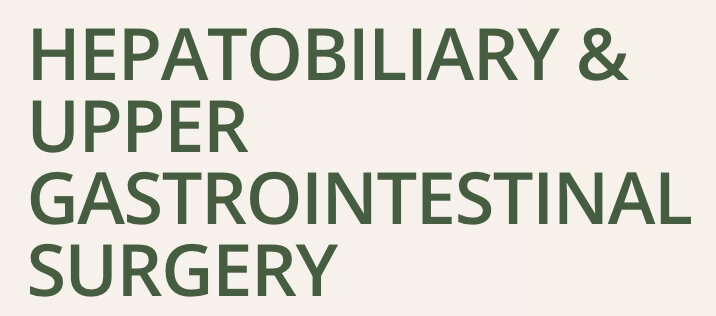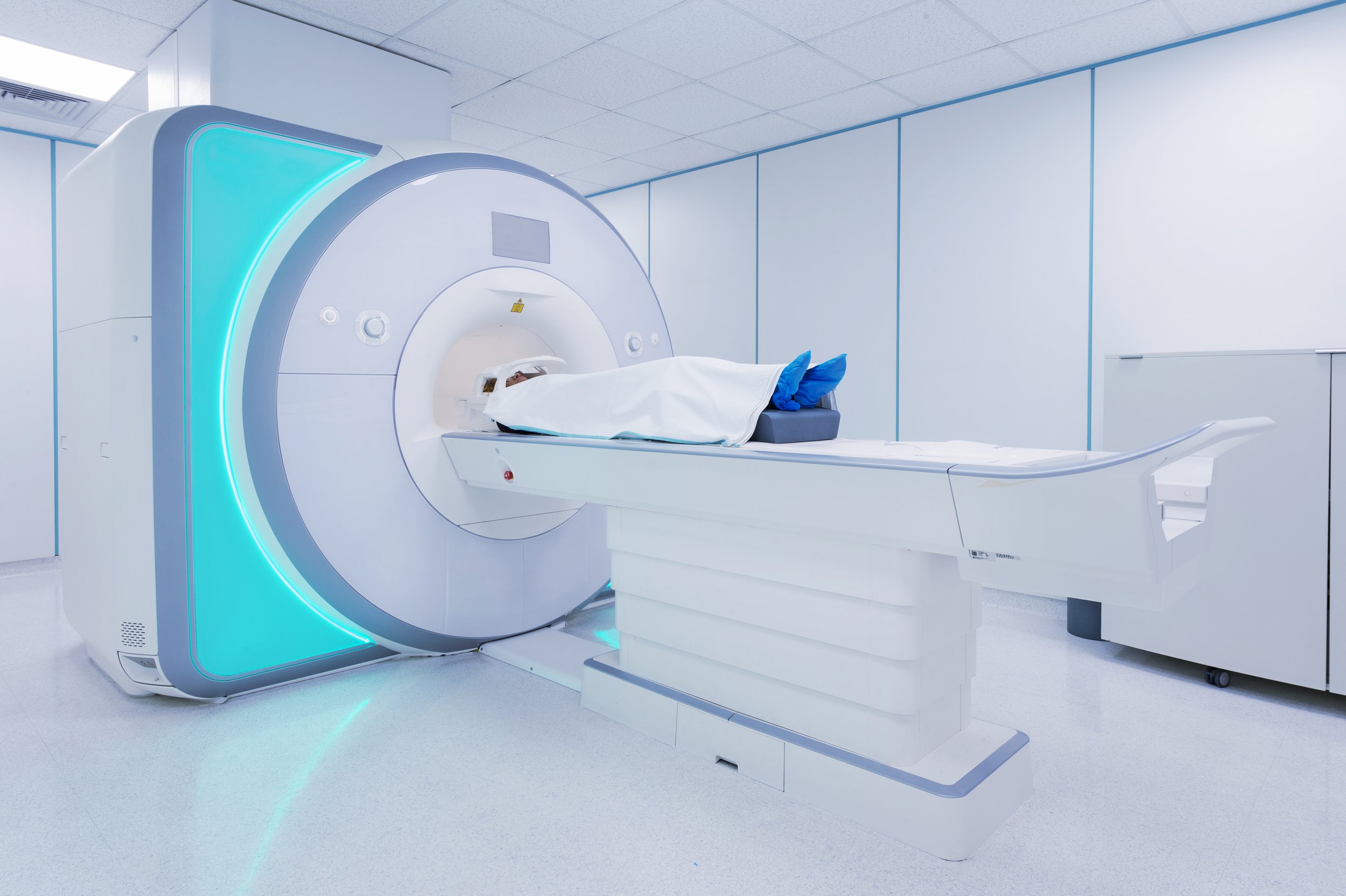
Magnetic Resonance Cholangiopancreatography
(MRCP)
What is an Magnetic Resonance Cholangiopancreatography
MRCP is a non invasive imaging technique that uses an MRI scan to visualise in detail your biliary and pancreatic duct system. Being a magentic resonance imaging modality, there is no radiation dose associated with this test. It is primarily used to diagnose conditions such as gallstones, strictures or narrowing due to scar tissue and / or cancer and biliary leaks resulting from trauma or surgery as well assessing anatomy and examining congenital anatomy variations.
When will I need an MRCP?
Many patients present to hospital with symptoms such as abdominal pain, weight loss and jaundice (yellowing of the skin and eyes). These symptoms may be due to several causes. An MRCP can assist doctors in diagnosing a variety of problems including:
· Gallstones
· Bile duct tumours (benign or malignant)
· Pancreatic tumours (benign or malignant)
· Chronic Pancreatitis
· Biliary strictures (due to scarring)
· Biliary leaks (due to trauma or surgery)
Other imaging modalities and therapeutic interventions may be required in addition to your MRCP, such as ultrasound, ERCP or other MRI investigations.
What happens during an MRCP?
You will need to be fasted for the investigation. Certain artificial implants may preclude you from having an MRCP. These include cardiac valves, pacemakers or indwelling defibrillators, surgical clips, artificial limbs or joint replacements. You will be asked a questionnaire to check for anything that may preclude the test.
Ordinarily, MRCP does not require infusion of intravenous contrast. In certain situations however, this may be indicated. There is no ionising radiation dose associated with MRCP.
You will be placed on a bed that will pass you through the scanner which looks like a large tunnel. The procedure is noisy. It usually takes 15-40 minutes.
What to expect after the procedure?
There are no side effects of this procedure. Occasionally, people may have a reaction to contrast dye, if this is used. You may return to normal activities on completion of the scan.
This information is intended as a guideline only. If you have any further questions or concerns, please ask your doctor.

